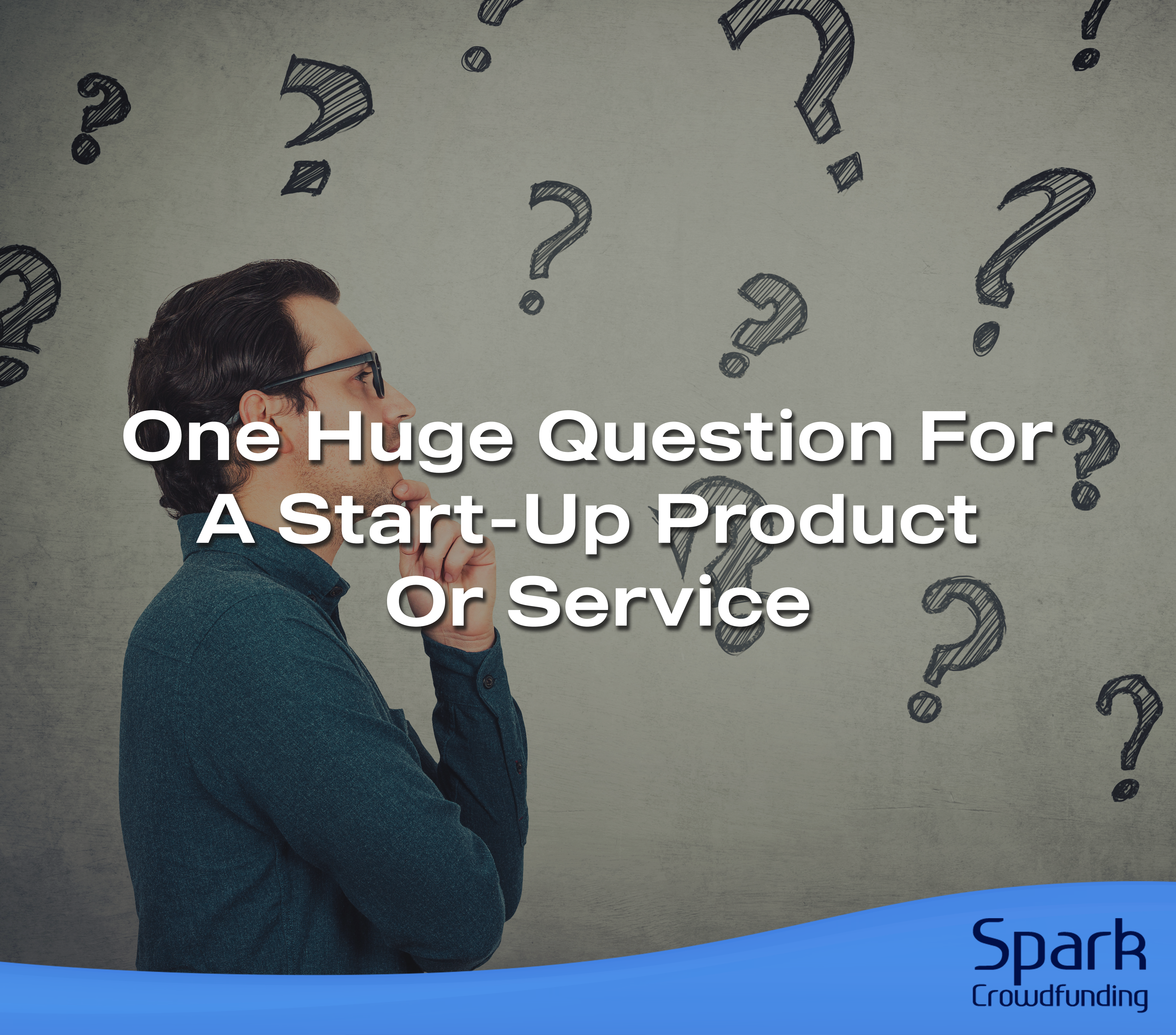Sometimes the product is not the problem. I just finished a 100 day no-alcohol challenge. I thought I’d be giddy at the end but, to be honest, it was a bit of an anti-climax. Don’t get me wrong, all the healthy boxes were ticked but questions from friends at the end provided a deeper reveal.
Sure, there was a degree of curiosity about the chosen first favoured drink – the category, the brand, the strength, the volume etc. And yet, the product, the drink, was almost irrelevant. The key question was not ‘what’ but actually ‘who’ or ‘when’. The land of NPHET, no events, no venues and no gatherings were the craic-killing answers to those queries but also triggered a coincidental thought in my working world.
I was recently asked to put together a framework of operational metrics to measure the progress of a portfolio of start-up companies. The portfolio companies operate in different sectors and are at different stages in development so the metrics had to be broad enough to capture meaningful information/data from each company. A little bit of research and 25 years of writing and reading investment documents pointed me towards SEVEN key measures of operational performance. It is by no means a complete list but it is an analytically robust starting point and suffices to make ONE very big point. First, look at the seven operational metrics:
- Revenue Growth
- Cash burn
- Headcount
- User/Customer account numbers
- Customer Acquisition costs(CAC)
- Pricing of product/service
- Marketing spend
Now, try to find any reference to a product or service. Nada, nothing. Of course, the product or service is critical to what the customer wants and what generates sales. But take another look at the list of metrics above. At least five of the seven metrics are closely connected with how a business engages with its customers. That’s more than 70% of a company’s key operational metrics focused on the customer. But start-up founders are often wrong-footed when meeting investors. Giddy expectations of a successful meeting pitching the beauty and brilliance of a product or service can go off the rails badly if a start-up cannot outline a clear strategy to win customers.
To take that view to extremes, experienced entrepreneurs will sometimes think through a customer win before even thinking about the product or service specifics. In other words, they find a problem important enough for a customer to PAY to deliver the solution. As a sad contrast, history tells us there is no shortage of great product, technology or service stories which have failed due to not-so-great customer acquisition plans.
So, do not be shocked when meeting a VC or investor groups that there will be a lot of questions about customer acquisition. But really it’s one huge question – have you thought through your customer as deeply as you have thought through your product or service? How you demonstrate that strategic thinking will be determined by the detail you can provide around the following:
- Your access/edge into targeted customer channels
- Use of re-sellers, intermediaries
- Digital content, engagement strategy
- Community building – customer loyalty strategy
- Pricing, incentives
- Customer acquisition costs (CAC)
- Customer lifetime value (LTV)
- Customer work/discussion/news channels eg Slack, Ghost, Substack, Reddit
The bridge from start-up to sustainable business is the customer. Hence, this is why fundamental/operational metrics for a BUSINESS skew heavily to customer engagement. So, don’t plough your brain power and enthusiasm exclusively into the product or service you have built. Build a strong customer story and you will significantly increase your chances of making VCs giddy and giving you champagne moments….
Written by Gary McCarthy: Gary has worked in financial markets in Dublin and London for the past 25 years. During that time he was a stockbroker with a number of leading firms and successfully managed the flotation of Irish companies on the London and Irish Stock Exchanges. His expertise also extends into the areas of research and data analytics. Gary is a principal at SilverBack Connects which is a recruitment business focused on the financial technology sector. Silverback provides direct in-house assistance on the distribution and marketing/packaging of innovative data analytics and market platforms to its institutional network in the UK, Ireland, Japan, Hong Kong and the US.

